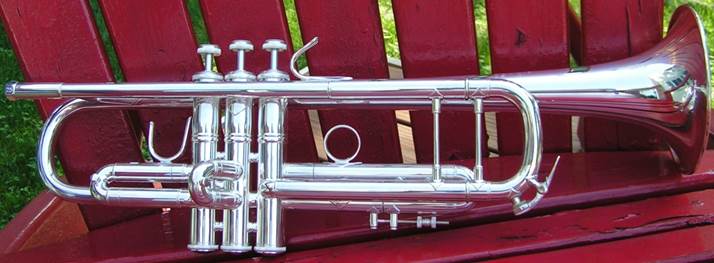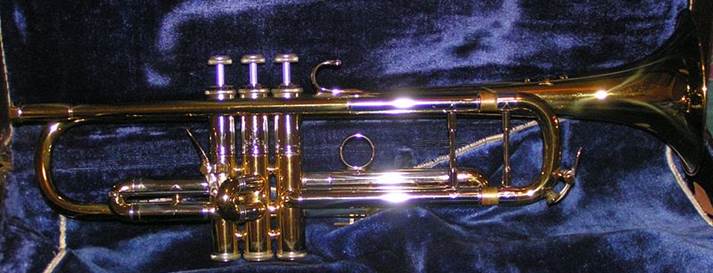IN the prior thread, Kehaulani represented a viewpoint with which I do not entirely agree, but which is not uncommonly held, and which is the thinking of many who might come to this thread. I would like to post my own view relative to that, but for context, here is his well expressed viewpoint worthy of consideration
"Just to give an alternate view, I have worked as a full-time musician all my adult life. Schooling was a definite advantage. Sorry it didn't work out for you but it's hardly universal. If the expected outcome is narrow, it's possible that one's cause and effect can be disappointing. If you are versatile and flexible the outcome of your schooling can be different.
It's not a matter of what you can't do, but what you can do. Outlook on life.
Apply yourself, be creative, be flexible and, very important, be ready.
I learned to not let yourself say no but to let them say no.
Just for the record, I have never used my degrees, as is, as a requirement for work. It helped but it was not a requirement. It is what I learned, how I can use that and what contacts I made.
But the largest thing is that I did my Graduate work for me, not for anyone else. And since it was for me, my rewards were internal and I was wiling to live with whatever standards of living and income came as a result of it. That's just how I'm wired."
While I agree with his direction, I dont agree that the only value is intrinsic.
My first point of contention would be that Kehaulani , as his top-tier playing days drew closer to their end (something every player who lives beyond their 30s will come to understand), expanded in to exercising his musicianship in the role of military band conductor (moving from playing one voice in the chorus to playing all). Of course, exemplary musicianship, natural leadership, and dedication are all absolute requirements. But last time I checked, so was an advanced degree.
We live in a "check-box" age. I worked for HRStrategies, the pioneer in psych-based computer pre-screening of job applicants. Today, you cannot apply for much of anything without convincing the robot you have the right degree - and then it electronically checks against the institutions named. How long before you can't book a wedding gig without making it past the wedding planner's pre-screen ap?
It was true in education 30 years ago, you need a post-grad degree if you want to put food on the table. In a society where the auto companies wont hire a grease-monkey without a bachelor's, do we really think that advising against at least a masters is wise?
I think I have unique perspective from which to comment. While one of my grandfathers eschewed his love of electronics to become a pioneer in music education (piloting recording of school bands at competitions with disc-cutters, and remaining the tech guy for the American School Band Director's Association from its inception till his last report on computer aided music education shortly before his 1990 death), the other grandfather built on a high school diploma as a draftsman to be one of 4 engineers behind the DUKW being brought from concept to production in 90 days and retired as a chief engineer. I have a degree in secondary education with teaching areas of social studies and music. My career had been in building-trades, Network engineering, application development, tailpipe emissions engineering, automotive regulatory compliance, and now electrification safety in a global role for a major automaker. I know better than anyone else just how hard it is, and how badly you take a hit in compensation, without the degree checkbox.
The global population is exploding. Even with all of the disincentives, there are plenty of new players every year competing in the market. As impersonal non-human screening takes over virtually every aspect of our interaction as a society, you are going to have to be able to check the box to get the gig. The days of practical merit are (sadly) behind us.



 I thought 5 AM was when you were getting IN not when you're getting UP.
I thought 5 AM was when you were getting IN not when you're getting UP. 